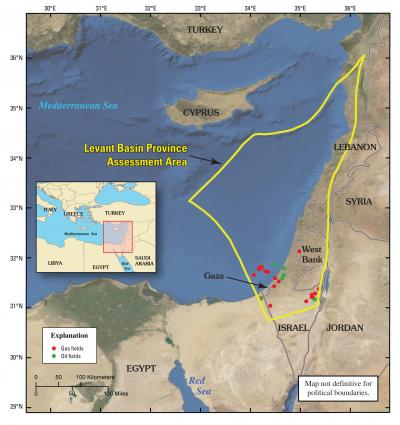Theo_Fidel wrote:Rajesh, interesting post except for one thing. The Kurds are Sunni's as well. They are just as much Jihad and AOA oriented as other Sunni's. No way they work with India in that region. If distant linguistic connection is the marker, we have more in common with German. Kurdish Jihadists have been found in Bosnia and Afghanistan.
Yes, true there are many Kurds who are quite Islamist. Most who are more Islamic ones are the Syrian Kurds in my opinion. In fact, I had a great friend, who was an Islamist Kurd, but he was also quite proud of his Kurdish ancestry as well. I presume their pride in Islam comes from Ṣalāḥ ad-Dīn who pushed out the crusaders. As Ṣalāḥ ad-Dīn was born in Damascus, it is no wonder that Syrian Kurds identify themselves with him. Perhaps when Syrian Kurdistan joins up with other Kurdistans, their world view would change somewhat as well.
There are some Islamist groups in Iraqi Kurdistan as well like
"Islamic Group of Kurdistan", but in general Kurdish politics have been secular and their national consolidation has been the more prominent goal of Kurds. If another Kurdish fragment - Syrian Kurdistan joins up with Iraqi Kurdistan, it would be another shot in the arm for the Kurdish movement, at least for the next 2-3 decades. That in itself will push back Islamism among the Kurds.
Basically there are these 3 Muslim Master Races - Turks, Arabs and Persians, and anything that brings down their power, means that the hold of Ummah over the conscience of Subcontinental Muslims decreases. The establishment of Kurdistan would be a great step in this direction. And I also think the Indians have to be at the forefront of this movement for the Independence and Unification of Kurdistan. Not just for the above purpose, but also as our strategic outpost in the region.
Also Kurds are neither of Turkic origin nor are they Semites. They are much closer to Baluchi language group. That is a sufficient bridge for India to claim relationship. The rest is propaganda. It is not about a scientific thesis, but about a popular myth of association.
Theo_Fidel wrote:Despite that it would be a good idea to split the kurds off Syria. But only if Iraq gives up its Kurd area at the same time. Due to oil this is unlikely. The Syrian chunk is non-viable. No water, connection to sea, etc. The main problem the Kurds have is that they live in the head waters area of the major rivers there. The countries involved would be very reluctant to give up control of water. The Turkish and Iranian chunks are going to be really hard to separate.
The creation of Kurdistan would be a long drawn process, and it is not in Iraqi Kurdistan's interest to detach themselves completely from Iraq right now, for otherwise they would be completely landlocked.
Also Syrian Kurdistan need not detach themselves completely from Syria but remain associated in some form of loose federation, as in Iraq.
In the Kurdistan Thread there is some more on the prospects of Kurdistan viz-a-viz Iran and Turkey. We should rather see the other way round - of Kurdistan not being caged in Iran and in Turkey but rather of Kurds being a dagger in the ribs of Iran and Turkey, with this dagger going ever deeper.
Theo_Fidel wrote:When splitting what is likely to emerge is a even more pure Sunni Syrian state that will turn even more AOA. I fail to see the advantage in creating another Yemen/Saudi type state.
India's best advantage is in co-opting the moderate opposition and creating a modern democratic state in Syria. This would precipitate the collapse of Saudi Arabia, ending the Wahabi petro dollar flow to India/TSP and Iran, creating a moderate state that would squeeze TSP on its Western side.
I look at Syria as the key domino to be pushed.
Syria was a very moderate state, when it was Ba'athist under Assad (I have already started talking in the past tense). Alawites are basically moderate Muslims. But since Assad, and the Alawite regime is under pressure to go, the chances are that the Resistance would bring in Sunnis and with time it would become ever more Sunni with the Alawites and Christians sidelined. We can remember how the Christians were treated in Iraq after Saddam's regime fell and many had to leave the country.
That is why I am saying that we need to keep the Alawites in power in at least some region of Syria - in North-Western Syria, cutting off the access of Sunni Syria from the Mediterranean. Thus Sunni Syria would be a landlocked region, and dependent on other powers. Such dependence would ensure that Sunni hardliners in Syria (South-Central Syria) exercise restraint.
So a fragmentation of Syria helps:
- Creation of Kurdistan ultimately
- Moderation of Syrian Sunnis, as they would be landlocked
- Preserves the Alawites & Christians in their own region on the Mediterranean
- Breaks the Shi'a Crescent from Iran to Mediterranean
- Disrupts a Sunni Encirclement of Israel
- Weakens Syria's Claims on Golan Heights





